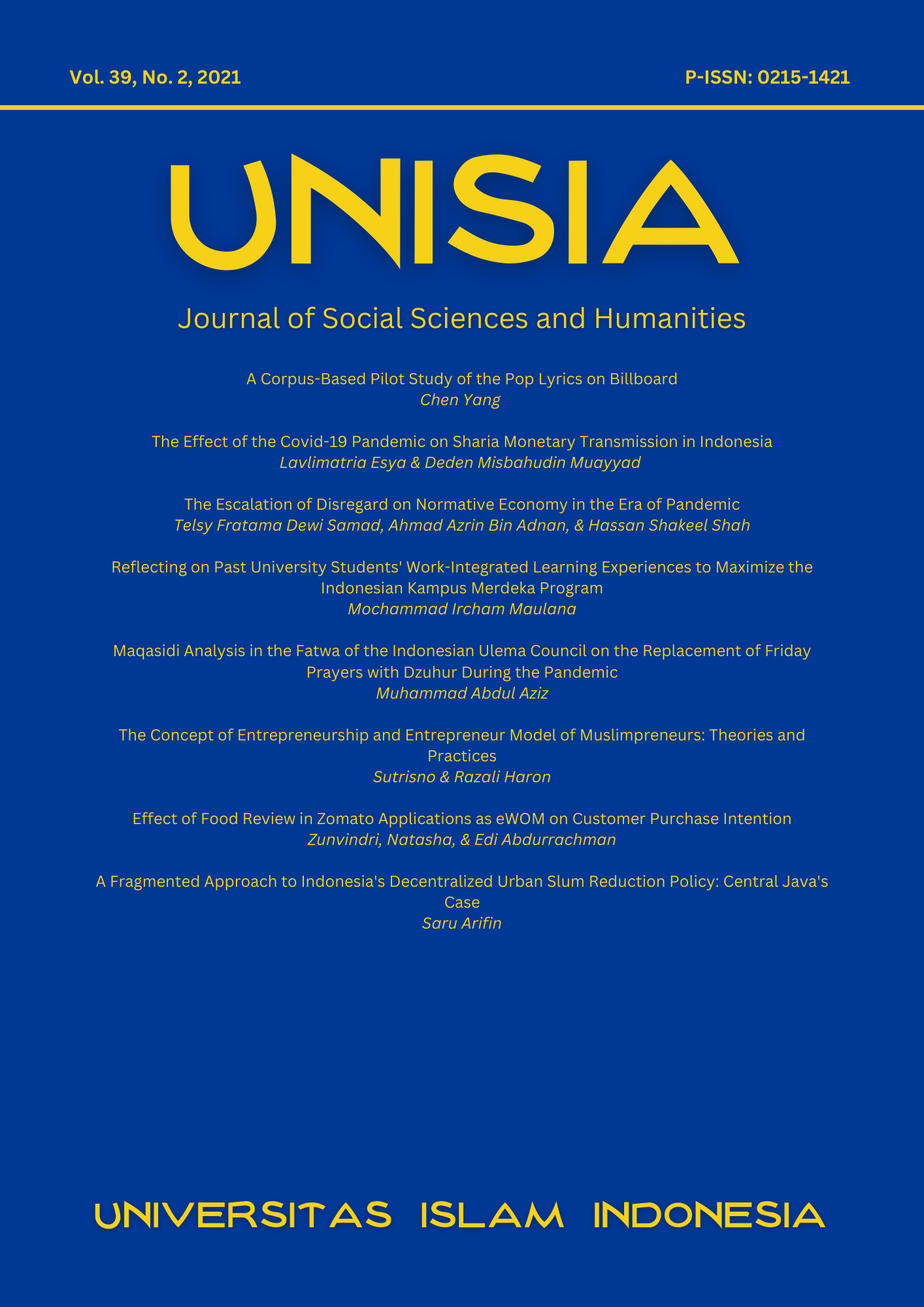Main Article Content
Abstract
The recently-enacted Indonesian educational policy entitled Kampus Merdeka (Independent Campus) program has received much appreciation from higher education stakeholders. This policy legitimately allows higher education students to carry out two semesters of their study periods in real workplaces and thus, categorized as work-integrated learning (WIL). However, even though this policy has increased the compatibility of university learning and workplace situations to produce work-ready graduates, it is argued that the extension of time period for doing WIL is not enough. Instead, the Indonesian higher education stakeholders need to put greater attention to the effective executions of some aspects in WIL. This research employed qualitative instrumental case study design to find out how past university students describe and evaluate their past experiences participating in teaching placement program (one of higher education programs categorized as WIL) before the Kampus Merdeka policy is issued. It focuses on four pivotal aspects in WIL including authentic learning in universities, partnership between universities and workplaces, supervision activities, and assessment methods. It was found that the application of WIL in Indonesian higher education in the four aspects has not been effectively administered. This finding can be utilized as a reflection for higher education stakeholders to maximally implement and achieve the goal of the Kampus Merdeka program.
Keywords
Article Details
- Authors retain copyright and grant the journal right of first publication with the work simultaneously licensed under a Creative Commons Attribution License that allows others to share the work with an acknowledgement of the work's authorship and initial publication in this journal.
- Authors are able to enter into separate, additional contractual arrangements for the non-exclusive distribution of the journal's published version of the work (e.g., post it to an institutional repository or publish it in a book), with an acknowledgement of its initial publication in this journal.
- Authors are permitted and encouraged to post their work online (e.g., in institutional repositories or on their website) prior to and during the submission process, as it can lead to productive exchanges, as well as earlier and greater citation of published work.




